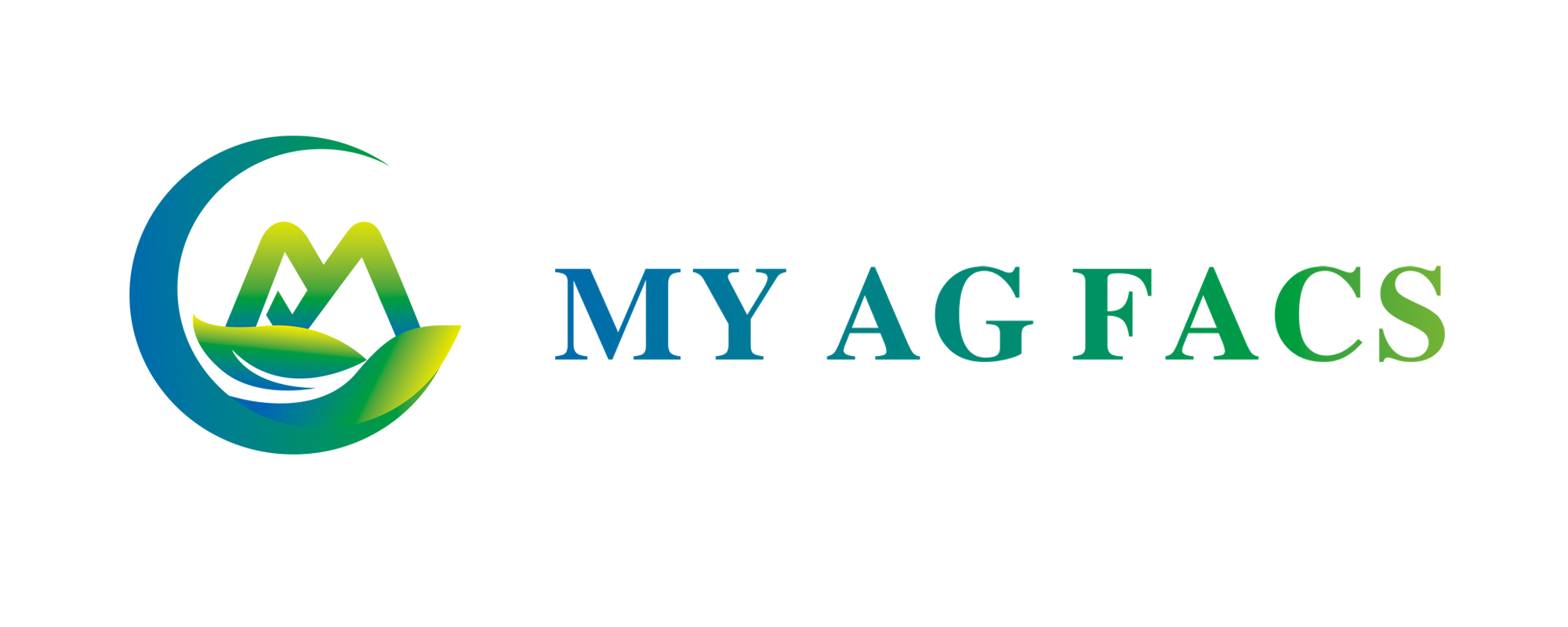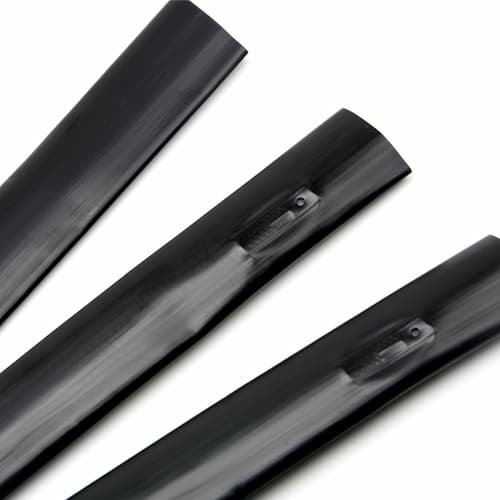

In recent years, with the increasing severity of global climate change and water scarcity issues, agricultural production faces unprecedented challenges. To address these challenges, improving water use efficiency in agriculture has become an urgent issue. Drip irrigation tape, as an efficient water-saving irrigation technology, is gradually gaining widespread application worldwide.
Drip irrigation tape is a type of irrigation equipment that delivers water directly to the roots of plants through a piping system. Compared to traditional sprinkler and flood irrigation methods, drip irrigation tape significantly reduces water evaporation and loss, improving water use efficiency. Experts indicate that drip irrigation technology can enhance water utilization efficiency to over 95%, more than doubling that of traditional irrigation methods.
In China, the promotion of drip irrigation tape technology has received strong government support. In recent years, agricultural departments across the country have actively promoted drip irrigation technology and encouraged farmers to use it through subsidy policies. According to statistics, by the end of 2023, more than 30 million acres of farmland nationwide had adopted drip irrigation technology. This not only significantly saves water resources but also effectively improves the yield and quality of crops.
The advantages of drip irrigation tape are not limited to water conservation; it also has several notable features:
Labor Cost Savings: Traditional irrigation methods require a lot of manual operation, whereas drip irrigation systems can achieve automated management, greatly reducing labor input.
Increased Crop Yield: Drip irrigation tape can precisely control the supply of water and nutrients, keeping crops in optimal growing conditions, thereby increasing yields.
Reduced Pest and Disease Incidence: Since water is delivered directly to the plant roots, it avoids keeping the leaves wet for long periods, reducing the occurrence of pests and diseases.
Wide Applicability: Drip irrigation tape is suitable for various terrains and soil conditions. Whether in mountainous, hilly, or plain areas, it can be effectively applied.
Despite the significant advantages of drip irrigation tape in many aspects, its promotion faces some challenges. For instance, the initial investment cost is relatively high, and some farmers lack the necessary technical knowledge. To address these issues, experts suggest strengthening technical training for farmers and continuing to increase government subsidies for drip irrigation equipment to promote the widespread application of drip irrigation technology.